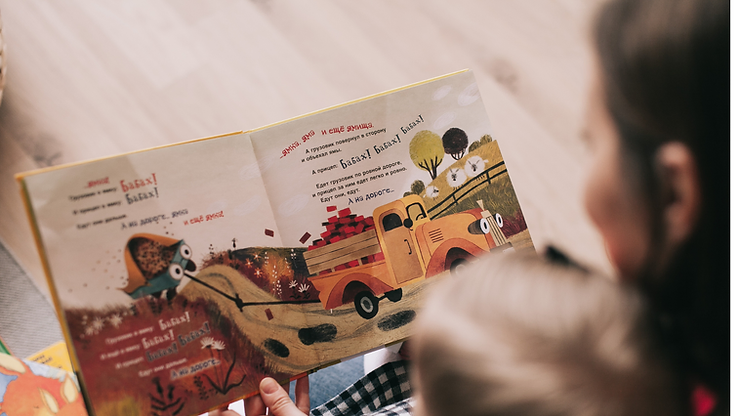I was caned as a child.
My mother tells me that I wasn’t beaten as many times as I seem to recall. In my mind, I was caned frequently for minor infractions like accidentally knocking over a bowl of noodles from the countertop or not finishing a worksheet. She tells me that my memories are faulty and that she certainly didn’t cane me very often.
That may be so. But it also tells me something about the trauma caused by physical punishment. That it creates such fear that it warps your memories of the whys and how often. I wasn’t beaten often, but I was beaten often enough.
So what? I hear you ask. Many of us were caned at some point as children. It’s practically a rite of passage in our culture. Here are some other common stories we tell ourselves:
- “I turned out ok”
- “My parents did it because they needed to teach me a lesson”
- “I was a really naughty kid. If they didn’t beat me, I would have been out of control”
I know, because I’ve told myself some of those stories too. Our parents probably had those stories told to them too, before they passed them on to us. And we’ll easily pass the same story down to our children.
But we don’t have to.
Because we now know that physical punishment isn’t actually effective. Sure, it might bring about a temporary halt to unwanted behaviour in the moment. But in the long run, it doesn’t help children to understand and internalise right from wrong or learn how to regulate their emotions. Numerous studies across different cultures have also shown that physical punishment results in a number of adverse effects like the disruption of parent-child attachment, slowing down of cognitive development, activation of stress responses, and an increase in antisocial behaviour, just to name a few.
There are so many other ways to teach a child that doesn’t involve hurting or shaming them. But the change starts when we gain perspective on our own history of discipline and punishment. In other words, we need to know and own our stories.
Iris Chen in her book Untigering writes about the power of two key steps:
Owning our stories
“Naming our pain can rob it of its power. Ignoring our childhood wounds simply allows them to infect the rest of our lives…In order to thoroughly clean out our wounds, we have to be willing to open them up and face the ugliness and the messiness”. Iris Chen, Untigering
By reflecting on the ways we were disciplined and/or punished, we’re able to heal from any pain that lies in the past and make sense of what we want for our own families in the future.
Punitive punishment was a key feature of my formative years. My parents believed that I needed a firm hand because I was an only child and they were afraid I would end up spoiled and overindulged if I was allowed to get away with things. Upon reflection, I can see how compliance and acquiescence became my coping mechanisms. I tried my best to toe the line and be the ‘good girl’ in order to win approval and avoid punishment.
Knowing your parents’ stories
“We can extend grace as we become more aware of our shared wounds” Iris Chen, Untigering
Like us, our parents enter into parenthood with only their own experience as a guide and reference point. For many of us, our parents experienced complicated family histories and trauma which shaped the way they raised us. By understanding where they came from, it gives us more clarity on why they parented us in the way they did.
In my case, my parents came from a harsh environment of way too many children born into poverty. The caregivers in their lives were preoccupied with survival and didn’t have the bandwidth to spare for nurturing connections with the children, who were largely left to fend for themselves. I am eternally grateful to my parents for loving me and parenting me with all the tools and means at their disposal.
I believe that there is so much hope for all of us, regardless of our personal histories, to raise a generation of secure and connected children. Knowing and owning our personal and collective stories is crucial to making this a reality.

